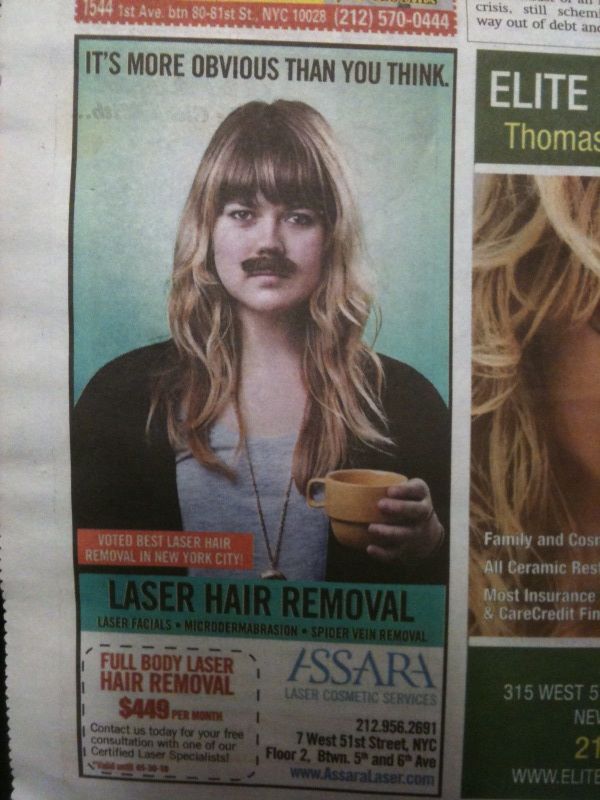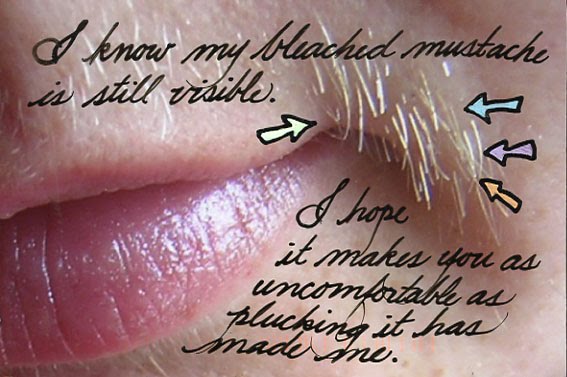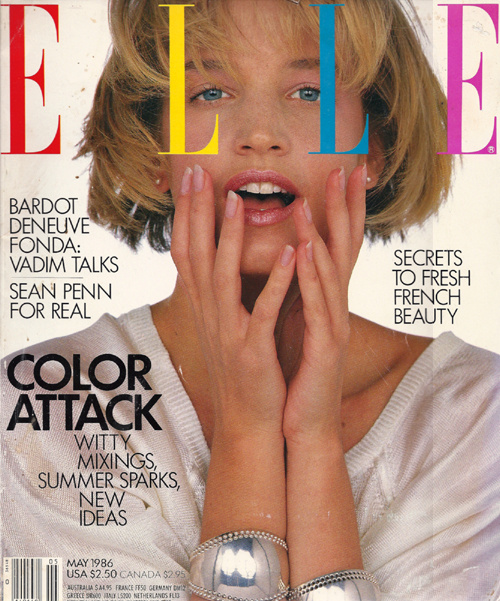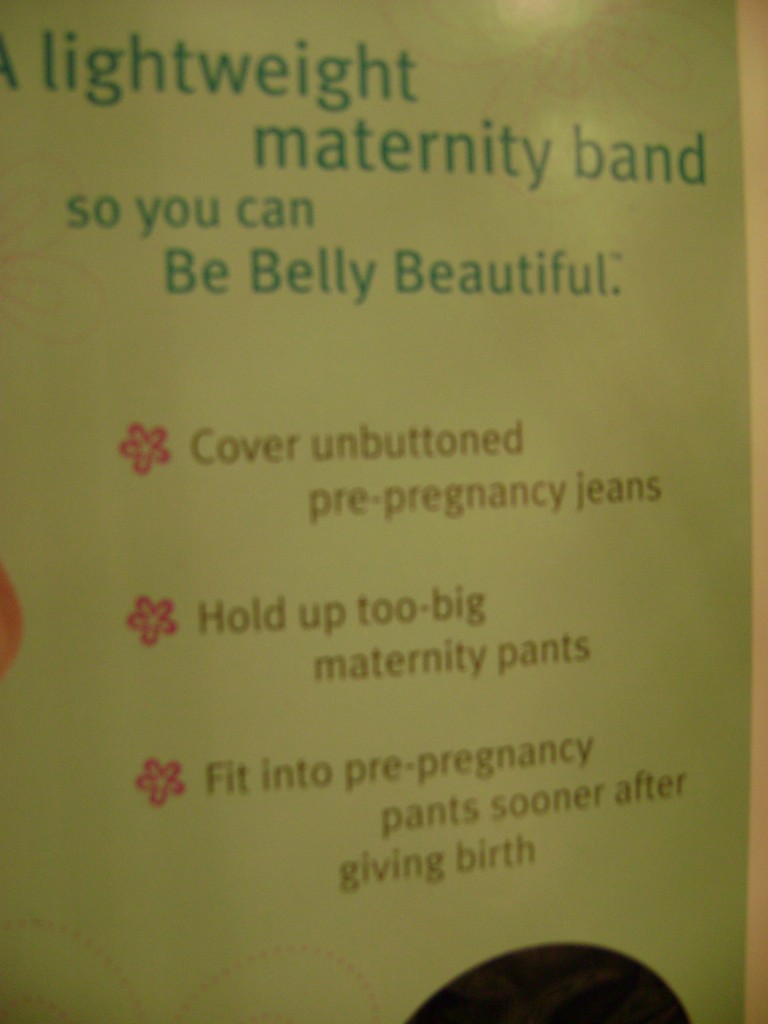This ad for laser hair removal in a New York newspaper, sent by Jac B., is particularly egregious in its effort to make women insecure:
Meanwhile, in a divulged secret at PostSecret this Sunday, a woman who conforms by bleaching her upper lip takes some glee in the possibility that she makes people face their own discomfort by refusing to full-on wax it:
Lisa Wade, PhD is an Associate Professor at Tulane University. She is the author of American Hookup, a book about college sexual culture; a textbook about gender; and a forthcoming introductory text: Terrible Magnificent Sociology. You can follow her on Twitter and Instagram.












